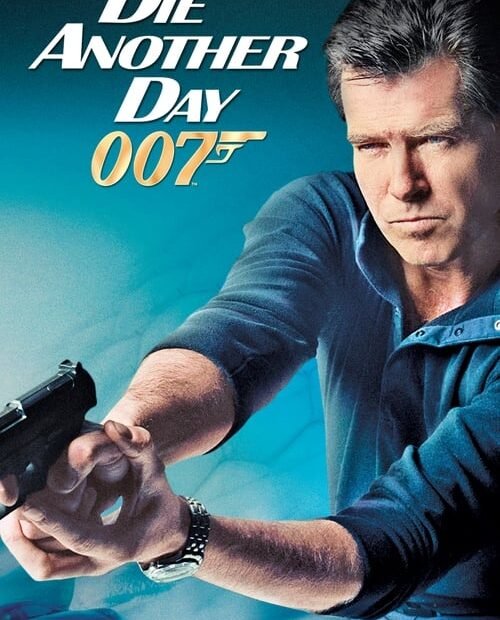Die Another Day: A Philosophical Dive into Bond’s Existential Crisis
In a world saturated with high-octane espionage and martini-fueled dalliances, Die Another Day emerges as a cinematic cocktail that leaves you both exhilarated and slightly confused, like trying to solve a Rubik’s Cube while skydiving. Our hero, James Bond—played with a smirk and a penchant for the dramatic by Pierce Brosnan—finds himself embroiled in a narrative that can only be described as a metaphysical journey through the depths of betrayal, identity, and the occasional invisible car.
The film kicks off with Bond being captured in North Korea, a plot twist that would make even the most seasoned spy raise an eyebrow. After enduring a delightful spa retreat in a North Korean prison (who knew they offered such amenities?), he escapes with the grace of a swan and the subtlety of a sledgehammer. But alas, freedom is merely a state of mind, and Bond soon realizes that the world of espionage is as treacherous as a game of chess played by rabid squirrels.
Enter Gustav Graves, the villainous entrepreneur with a penchant for diamond-themed weaponry and a wardrobe that screams, “I just stepped out of a fashion magazine!” Graves, played by Toby Stephens, is busy developing a high-tech weapon capable of turning the world into a hotbed of chaos. It’s a classic case of a rich guy with too much time on his hands and a serious vendetta against the concept of humility. Bond, in his infinite wisdom, decides that the best way to thwart this plan is to infiltrate Graves’ world, which is, of course, easier said than done.
As Bond navigates through a series of increasingly ridiculous scenarios—think sword fights on ice, a thrilling chase in an invisible car, and an eyebrow-raising encounter with a laser satellite—one can’t help but ponder the deeper meaning behind it all. Is Bond merely a pawn in a grander scheme, or is he the architect of his own fate? Spoiler alert: it’s mostly the former, as he finds himself embroiled in a conspiracy that stretches across the globe like a particularly stubborn spider web.
Our philosophical journey takes a turn when we meet Jinx, portrayed by Halle Berry, who is not just a sultry sidekick but a fully fleshed-out character with her own agenda. Their chemistry is as palpable as a Shakespearean sonnet, and together they embark on a quest that ultimately leads them to Graves’ lair. The climax is a dazzling display of CGI and melodrama, culminating in a showdown that raises questions about morality, the nature of evil, and whether or not diamonds are truly a girl’s best friend or just a really bad investment.
In a twist that could make M. Night Shyamalan weep with envy, Bond discovers that Graves is not quite who he seems—he’s been masquerading as a British aristocrat with a penchant for cruelty. The revelation leads to an epic battle that has more twists than a pretzel factory, and just when you think you have it figured out, the film throws in a curveball that leaves you questioning the very fabric of reality. Bond’s triumph over Graves is not just a victory for the MI6 but a triumph for existentialists everywhere, proving that even in a world filled with gadgets and gizmos, the human spirit can rise above.
So, what’s the takeaway from Die Another Day? Beyond the explosions, the cheeky one-liners, and the absurdity of an invisible car, it’s a tale of redemption, identity, and the eternal struggle between good and evil. Or perhaps it’s simply a reminder that even the most dapper spy can find himself in a bit of a pickle—even if that pickle is made of diamonds. In the end, we’re left pondering: is Bond the hero we deserve, or just the one we need to keep the action rolling? Either way, he’s certainly got style.
